

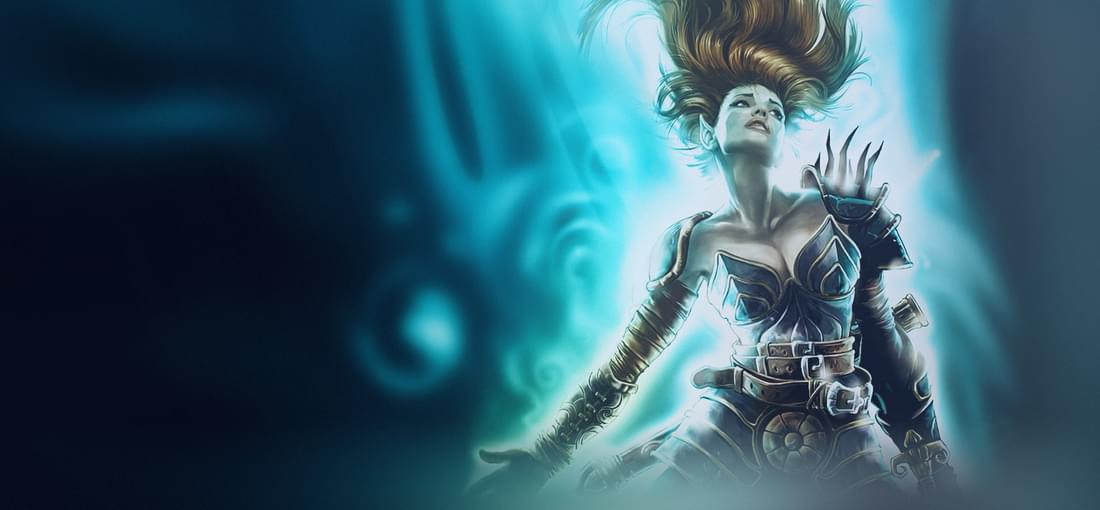
As expected many people rate this game poorly simply because they are immediately and mindlessly against any "Enhanced Edition" game. Ultimately this one is worth it, as it makes no controversial content changes, has lots of improvements especially for multiplayer via NWSync, nice engine improvements as well which mostly benefits modders, and is now multiplatform and 64-bit. I've docked a point since some new versions introduce new bugs that Beamdog doesn't always fix in a timely manner. I've been suffering from an annoying edge case for several versions in a row now, in which key NPC corpses carrying quest items do not drop the quest item unless I reload my save. The main benefit with Enhanced Edition for players is that it exclusively has two new premium modules that were cancelled for the original game but expanded on and released for Enhanced Edition: Darkness Over Daggerford and Tyrants of the Moonsea. Both of them are also by far the best premium modules for the game. And for new players, obviously ignore NWN Diamond Edition and get this one. Neverwinter Nights is by far BioWare's best game: their best role-playing effort, by far the most content rich and best gameplay design and best moddability of all of their games, and probably their best writing in their official expansions for the game. This and NWN 2 are by far the most complete D&D video game RPGs ever made; you get 11 campaigns, so many mods, so many classes and feats and abilities and probably the most creature types of any game. And if you use the PRC mod, you end up with by far the most complete implementation of any one version of D&D in every video game, having almost every core class and feat/ability/skill/spell. Hordes of the Underdark is the best thing BioWare has ever produced in my opinion.
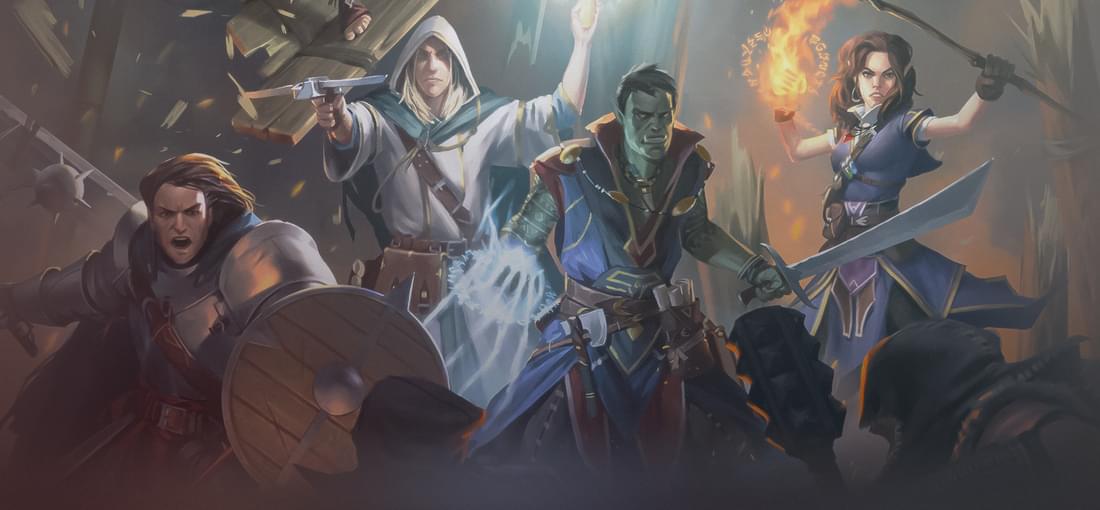
I've actually completed this game unlike some of the other reviewers. Most "cRPGs" coming out these days are soulless husks, nothing more than nostalgic trickery, but not this one. Strengths: - Role-playing capability – much, much more than any video game RPG since Fallout: New Vegas in 2010 - Faithful adaptation of Pathfinder ruleset with understandable changes made - Diversity in character builds, enemy types, equipment, spells, feats is nearly unparalleled (only Neverwinter Nights series and The Temple of Elemental Evil are comparable, Neverwinter Nights series still being the best) - Best implementation of certain D&D-based classes to date, such as Sorcerer and Arcane Trickster - Finally we get Alchemist, Magus, and Mystic Theurge in a game! Too bad they are gimped by the level 20 cap of Pathfinder - Combat is arguably more tactical than the likes of XCOM - Very good strategy gameplay in the form of barony/kingdom management, not just some half-assed uninteresting implementation but comparable to actual strategy games - Good bang for your buck at $40 for an 80-130 hour game, DLC is not yet overpriced either - Six-person party, can even create your own companions if you’d rather not use the premade characters - Best difficulty customization ever, thorough gameplay customization too - Outstanding UI, best inventory I’ve ever seen in a party-based RPG - Best resting system ever - Excellent creature design - Outstanding support from the developers. This game is really their baby. They are always fixing bugs and addressing balance issues. Weaknesses: - Bugs - All of its writing falls short of excellence yet isn’t terrible - Illogically limited and gimped Raise Dead/Resurrection spells, only used for reviving fallen companions in combat - Isometric only, and can’t rotate camera for some reason - Horrendous balance issues - Environment not interactive/destructible enough - Unimpressive visual style for the most part - No multiplayer - Pathfinder's level 20 cap

Most of these low ratings are not very descriptive so I will fill in the gaps. Two things about this mod pissed off these nostalgic Deus Ex fans: 1) It used to be Steam exclusive. 2) This is the big one: level design changes. The layout of some of the levels has been altered. Subjective level design layout changes aside, Revision is a massive objective improvement over the base game in nearly every way. As for these level design changes, most of them are for the better. They add detail to places where the base game is sorely lacking, areas that are empty in the base game that shouldn't be. Other level design changes are artistic IMPROVEMENTS, like VersaLife headquarters which went from looking like a rather generic office building to something fittingly high end and high tech. But it is true that Revision also makes unneeded changes to the layout of several levels, such as Chinatown. Not better or worse, yet people throw a hissy fit just because a change was made. Keep this in mind. The negativity is not because these changes are bad (they aren't), it's just because they were made in the first place but it's actually not a big deal. Some of these changes are unneeded and don't improve or worsen the game, that's that. I prefer Biomod since it adds vaulting (climbing any ledge like the Thief games). Revision's balance is far better than the base game particularly on Realistic mode. GMDX is a very similar mod with more configuration options and no changes to level design layout. I do recommend GMDX v9 instead for the additional configuration options, its improved sound effects, and its more versatile augmentation tweaks.
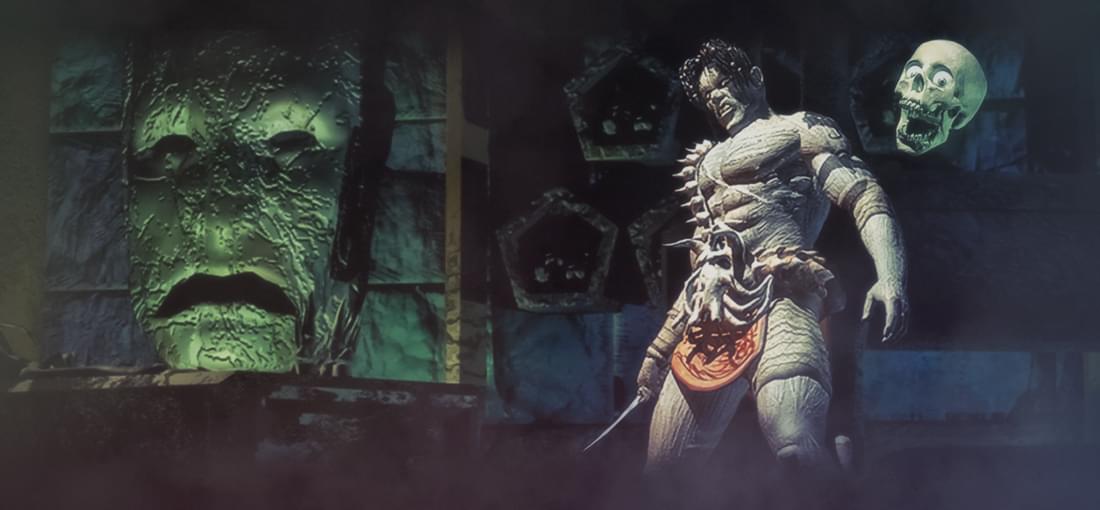
The core of the game has not been changed, which is for the best. The brilliance of Planescape: Torment is kept entirely intact, but now it is guaranteed to be playable on modern systems. No more stability issues, no more widescreen issues, more graphical and gameplay customization and an improved but faithfully replicated UI. Unfinished Business mod is not yet available at the time of this review (4/13/17), that's the only thing it lacks really. Don't worry about the official screenshots showing odd sprites around the characters, that can be disabled. As for the game itself? A must play. It raised the bar for story driven RPGs and so few RPGs since then can even be compared. Its writing quality on every level obliterates modern RPGs and so does its amount of role-playing. It is a text heavy game, taking after literature and using those strengths opposed to other storytelling methods. The descriptive writing is wonderful. And unlike most other great story driven RPGs, this one remains excellent from start to finish.
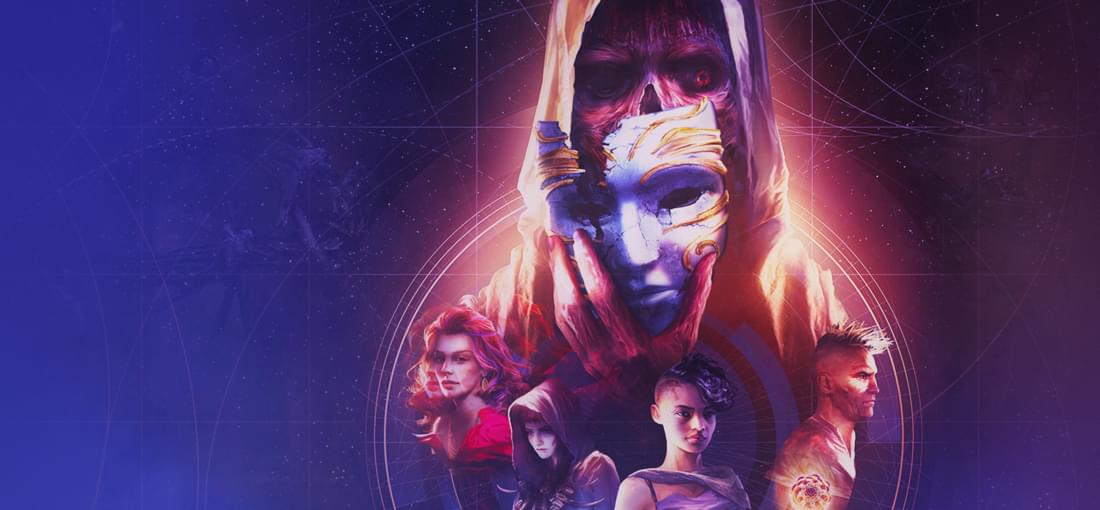
Noteworthy positive attributes: Art design. Quantity of environmental interaction. Familiar yet distinct rule/stat system that is robust and offers for a pleasant amount of flexibility in character builds for a game of this length (30-35 hours). Noteworthy negative attributes: Too linear, once you leave a primary location there's no going back. Too many goose chase quests. "Find this person" and then "Find that person." That's most of the quests so far. Can't rearrange party, can't change party leader, can't enter Hide mode outside combat (only inside, which makes no sense), no attacks of opportunity, ranged weapons have too little range. Enemies always seem to have higher initiative and start combat (for most of the game, not later on at least), combat is usually too easy despite you always being horribly outnumbered save for the first possible fight. The game likes to include infinite waves of enemies, forcing you to go interact with something instead of fighting. Infinite waves of enemies is one of the worst game design choices ever. Just the one difficulty mode. Some SJW crap; it makes it a point to make most distinguished figures women. While it is Sci-Fi enough to have distinguished female soldiers, the frequency of them makes its intentions obvious. The role-playing potential is very limited. The most it leads to is different ending slides. Other changes may manifest depending on your actions, but not a whole lot. The game copies Planescape: Torment too much. It is designed to be a replica, which is not a smart way to design games or stories. What works for one story won't necessarily work for another.
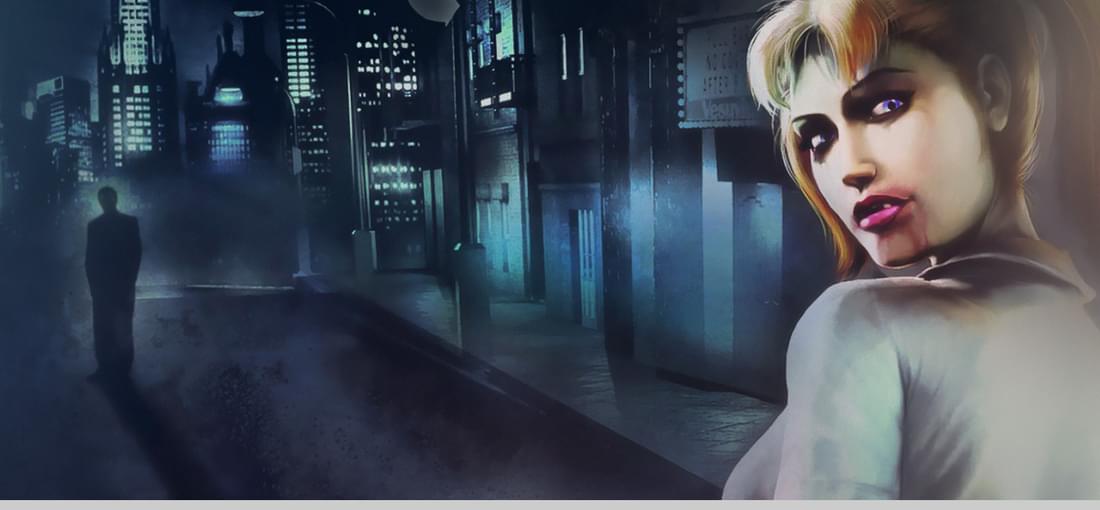
Who is to say that action games cannot be RPGs? Here we have a first and third person action game with tabletop origins, and the only video game one can claim has outright more role-playing than it is Fallout 2. Vampire: The Masquerade - Bloodlines, Troika's final game and the first ever Source game, is one of the best games ever made. It is a matured RPG with fully voiced characters barring the protagonist. Many clans (races) to choose from and a faithful, in-depth representation of VTM's stat system, more comprehensive than most of today's isometric 2.5D RPGs. And a ton more role-playing and better writing quality as well. Taking some inspiration from the great Deus Ex, Bloodlines is a hub-based game ripe with character interaction, often putting the player in difficult situations with no clear answers or ways to win. You are a puppet within a grand scheme. Everyone you can converse with is actually a character, not a quest giving bot or plot device, something VERY rare not only to video gaming but TV and film too. Characters with a distinct appearance, one of a kind facial animations that stack up to today's technology (better than crap like Fallout 4's), unique behavior and mannerisms, and often some kind of agenda. They never act out of character, and they are perfectly voiced. I had no prior interest in vampires, but this game made me a fan. There is an unbelievable amount of role-playing. In fact, the entire game is re-written for two specific clan choices; Nosferatu and Malkavian. Do not play Malkavian first. Most will tell you not to play Nosferatu first either, but I did and it's fine. Yes, you have to sneak around in the sewers more, and quests can get more confusing when people are afraid to talk to you, but it's all understandable. Whereas Malkavian... understandable? No. GOG's version of the game comes with the latest unofficial patch, so it is good to go out of the box. Glitches and bugs still exist, but they aren't game breaking anymore.
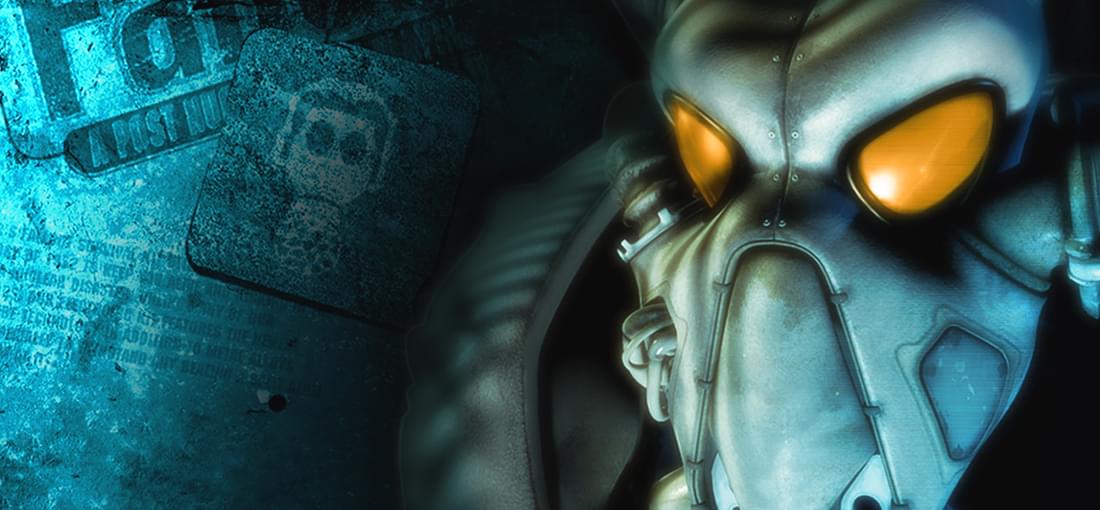
Fallout 2 is in a league of its own with regards to how much role-playing it offers. It offers distinctly more than Fallout, Fallout: New Vegas, Planescape: Torment, Arcanum, Vampire: The Masquerade - Bloodlines, Neverwinter Nights 2 and its expansions, everything. Fallout 2 went to the greatest lengths in trying to measure up to a pen and paper RPG; it still doesn't of course, but there is so much to do and so many ways to play this game. It can't even be quantified. It is an open world game with absolutely no hand holding, just like its predecessor. Find a G.E.C.K. That's all you have to go on at first. No objective markers, no anything. Save your village, somehow, some way. The post-apocalyptic west coast is as satirical as ever, too much even with a bit too much fourth wall breaking. But it is forgiven easily enough when you see your actions affecting the game to a greater extent than every other video game. Interesting factions, interesting lore, lots of content packed into this world, many times more than its predecessor. Overall a much improved sequel in almost every way, although believe it or not it is not outright better than New Vegas, which shows much more matured writing and dialogue.
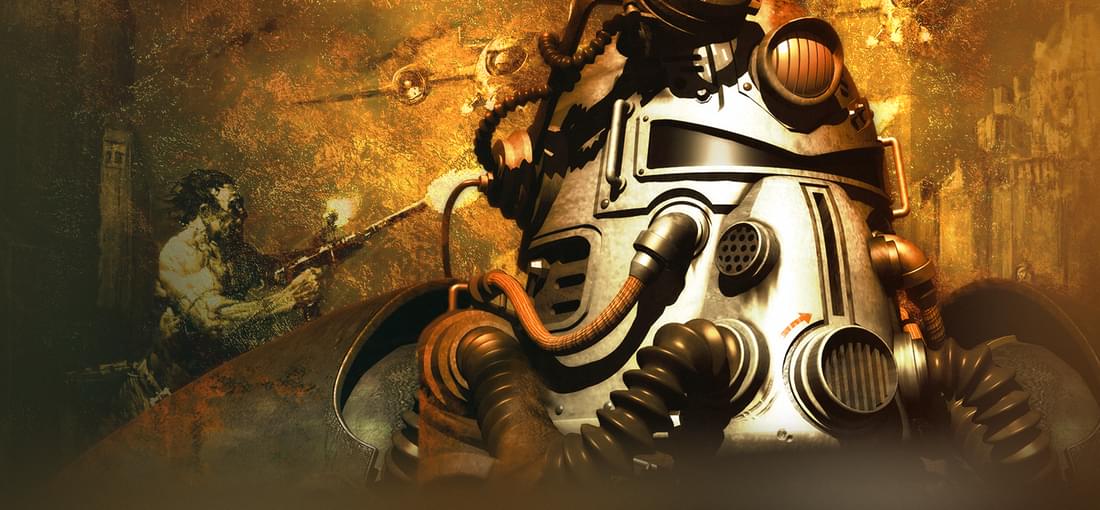
Fallout is one of the most important video game pioneers, revolutionizing video game role-playing like no other. But it is obviously a first attempt. The world is of course intriguing and well written overall, but it is not particularly content heavy. It could do with more quests and more role-playing, but if anything Interplay was just saving themselves for Fallout 2. This is still a must-play and a fine RPG, every Fallout fan should play it.
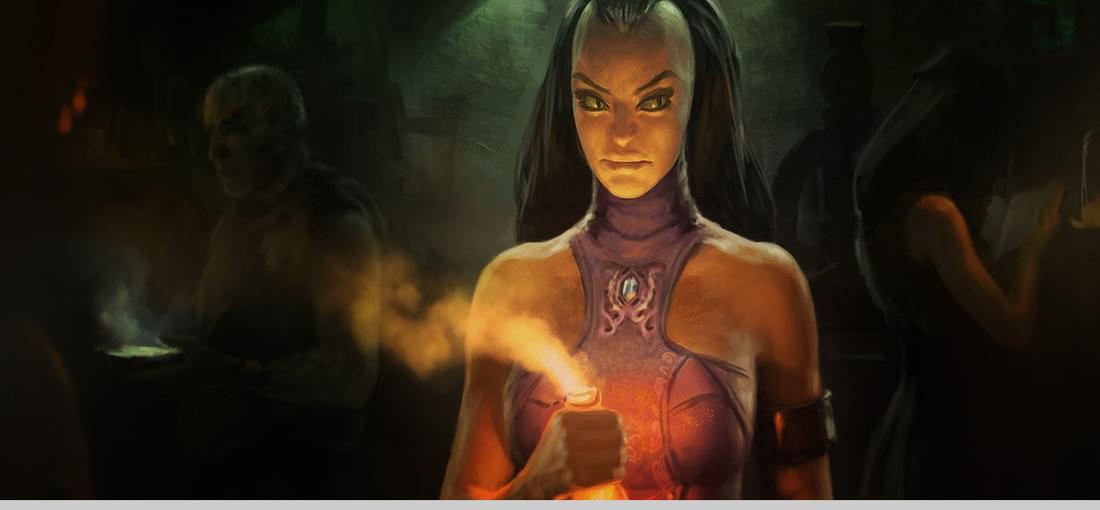
With Neverwinter Nights 2: Complete, you get: - The 60 hour original campaign, a rather lighthearted yet at times dark story with an ample amount of role-playing. - A 30 hour direct expansion, Mask of the Betrayer; Obsidian's finest work, spiritual successor to and the next best thing after Planescape: Torment. Continuing directly after NWN 2, this dark fantasy story driven masterpiece lets you play as an epic level badass (levels 17-30) doing things that you can't do in any other game. - A 30-40 sandbox expansion, Storm of Zehir. Criminally underrated; it is not story driven, but is the best create-your-own-party RPG I have ever played by a long shot. Party dialogue system, overhand map incorporating so many skills, wildly fun. - Mysteries of Westgate, 20 hours of dark fantasy role-playing and intrigue in another unique setting. On top of this, there are countless custom modules/campaigns around. Hundreds of hours of content at least, thousands if you get invested in a Persistent World server (and yes some still live). 12 races with even more subraces (some of which might as well be separate races entirely, namely the Planetouched ones), 15 base classes, 24 prestige classes, 8 spell schools, hundreds of spells, hundreds of feats, 27 skills with only one having questionable value, 40 weapon TYPES, 25 status effects, the most in-depth character creation ever. In so many ways it is unrivaled and the best, most complete role-playing video game. Although it uses an older build of NWN 1's engine, it is far less clunky, has a far better UI, and is universally improved in almost every way. It also uses the improved D&D 3.5 ruleset. The campaigns all have far more role-playing than any of NWN's, and no longer are you restricted to one "henchman." Multiplayer is so unrestricted, every campaign being playable and all of it 100% moddable. DM functionality available. This game has it all.
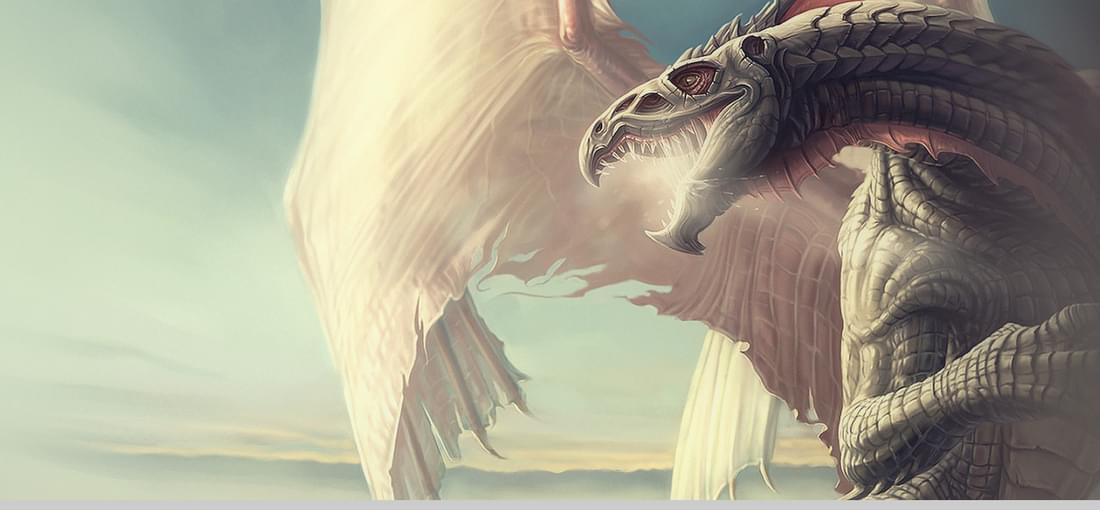

Neverwinter Nights is mostly known for its multiplayer, and rightfully so. It took multiplayer role-playing to a completely different level, but unfortunately other revolutionary aspects of this game get overlooked. Whereas previous RPGs were isometric and 2.5D, Neverwinter Nights is 3D with a fully customizable camera. You can still play in isometric only, replicating the tabletop point of view, but you can customize one of the three camera modes to be third person or somewhere in between this and isometric. This can lead to much greater immersion, and ultimately results in greater freedom in how you want to play. I prefer to explore and interact in third person, but I initiate combat in a unique isometric (or close to it) point of view, often zooming in to see the impressive effects. Neverwinter Nights isn't just one game, it is a saga in itself. The same can only be said of this and Neverwinter Nights 2, not any other RPG unfortunately. This package comes with the base game, three official expansion packs, and many smaller modules. Hundreds upon hundreds of hours of content, single player or multiplayer. The main campaign isn't anything extraordinary. Storytelling was not a key focus, and it doesn't have a ton of role-playing either. What stands out most is the gameplay content: 7 races + the ability to make your own custom mixed one, 11 base classes, 12 prestige classes, 8 spell schools, hundreds of spells, hundreds of feats, 44 weapon TYPES (plus unarmed, plus various kinds of innate creature weapons which you can use if shapeshifted) the amount of depth in character creation is only bested by its sequel, and no other game comes close! Not even Arcanum has as much gameplay content. The multiplayer is 100% customizable and moddable. You can role-play your dreams in this, within the realm of D&D 3 at least. Now, this game hates high refresh rate monitors and likes to get stuck at 24 Hz. Solved by custom resolution. It is also very clunky.